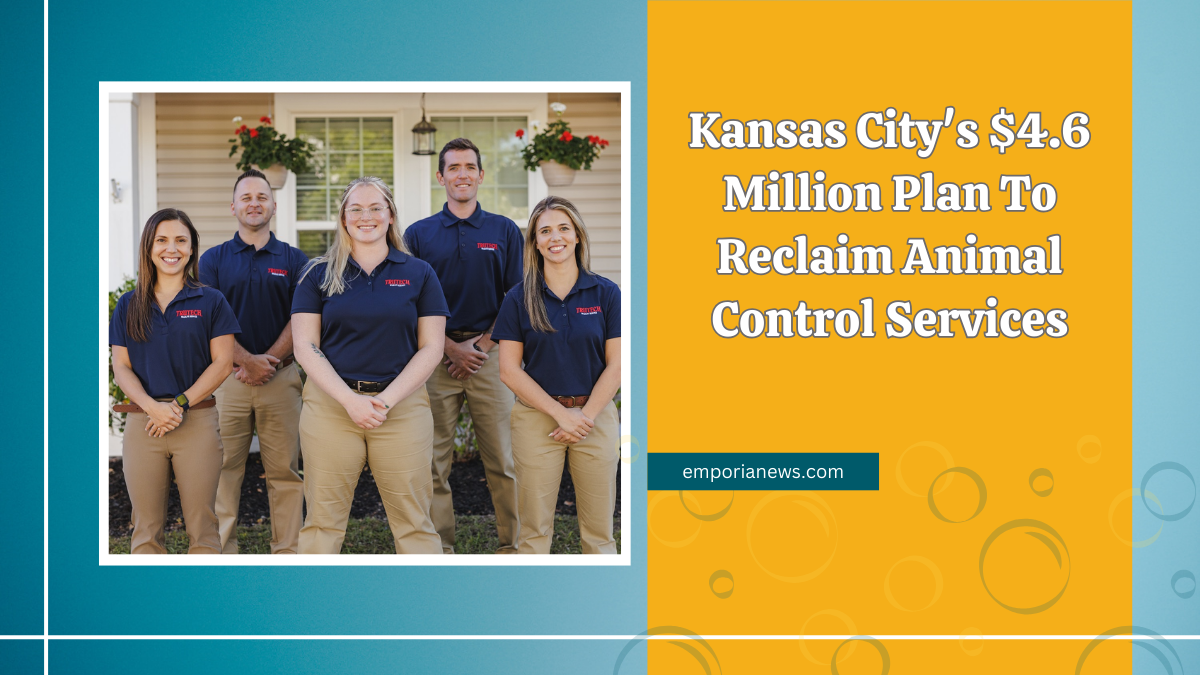In a significant move, Kansas City is considering taking back its animal control services from KC Pet Project (KCPP). The proposed plan, presented by the Neighborhood Services Department, outlines a comprehensive strategy to enhance service responsiveness and efficiency.
Proposed Structure and Budget
The plan suggests deploying at least 10 animal control officers, supervised by two managers, operating 10 hours a day, four days a week.
The annual operational cost is estimated at approximately $2.9 million, with an initial first-year expense of about $4.6 million to cover the acquisition of vehicles, equipment, and facility renovations.
Rationale Behind the Transition
This initiative stems from numerous citizen complaints regarding KCPP’s response times to reports of loose or dangerous animals.
The city believes that by internalizing these services, it can offer more prompt and effective responses to such incidents.
KC Pet Project’s Perspective
Despite the city’s intentions, KCPP remains hopeful for a contract renewal. Interim CEO Steve Kaufman has introduced a new strategic plan emphasizing increased issuance of citations when necessary, while still prioritizing the education of pet owners to foster responsible pet ownership.
| Time Period | Entity | Number of Citations Issued | Percentage Change | Notable Observations |
|---|---|---|---|---|
| Two years before KCPP’s tenure | Kansas City Officers | 3,683 | – | Higher citation rate |
| Two years after KCPP’s tenure began | KCPP Officers | 1,973 | 46% decrease | Emphasis on education over enforcement |
Kansas City’s proposal to reclaim animal control services reflects a commitment to improving public safety and service efficiency.
As discussions progress, the city aims to implement a model that balances enforcement with public education, ensuring the well-being of both residents and animals.
FAQs
What prompted Kansas City to consider taking back animal control services?
The decision was influenced by citizen complaints about KCPP’s response times to incidents involving loose or dangerous animals.
How does the proposed budget compare to the previous contract with KCPP?
The proposed annual operational cost is approximately $2.9 million, slightly higher than the previous $2.5 million contract with KCPP. The first-year cost is estimated at $4.6 million due to initial setup expenses.
What changes has KCPP proposed in its new strategic plan?
KCPP’s new plan includes issuing more citations when warranted, while continuing to focus on educating pet owners to promote responsible pet ownership.




